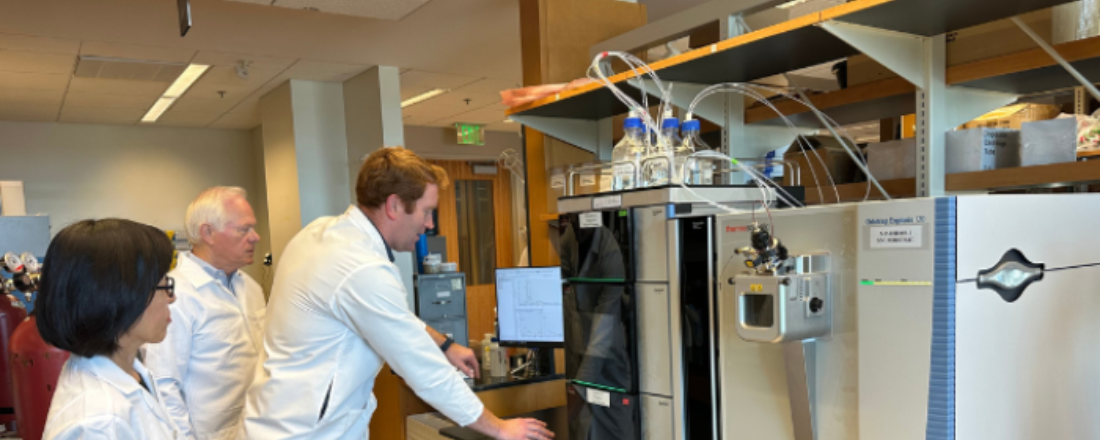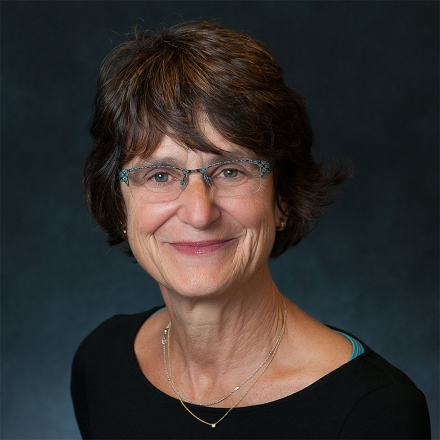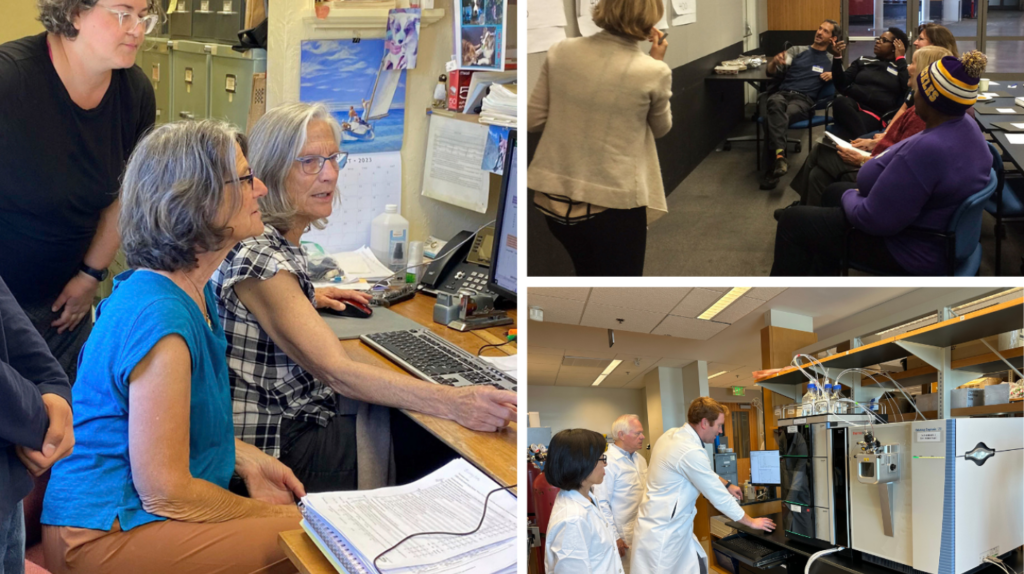
Press Release
Public Health Institute Researchers Shortlisted for Cancer Grand Challenges Funding
-
Issues
Cancer -
Programs
Child Health and Development Studies

Team Pandora to examine why the incidence of early-onset cancers is rising in adults, in global competition to help change the outcomes of people with cancer.
An interdisciplinary, global team of scientists, including the Public Health Institute’s Child Health and Development Studies and seven other institutions around the world, have been selected for the final stages of Cancer Grand Challenges. Team Pandora joins 11 other teams with a chance of receiving up to $25M to make radical progress against one of cancer’s toughest challenges.
If successful, team Pandora would seek to tackle the challenge of determining why the incidence of early-onset cancers in adults is rising globally, with the aim of interrogating the exposome to reveal the mechanisms linking lifetime exposures to early-onset cancers. Funded teams will be announced in March 2024.
Dr. Barbara Cohn, director of Public Health Institute’s Child Health and Development Studies (CHDS), is one of 11 co-investigators and associated international colleagues on the Pandora team.

This opportunity creates a chance for the riskiest, and most creative, collaborative and international team science. It's essential to address the reasons for increasing risk of cancer in young adults and for finding clues to prevent the pain and losses to young people and their families.Barbara Cohn, PhD, MPH, AB
Director, Child Health and Development Studies, Public Health Institute
CHDS is home to a groundbreaking project designed to shed light on the various factors impacting health during pregnancy and early childhood. Between 1959 and 1967, 15,000 pregnant women and their families were enrolled in the study and blood samples and data were collected from four generations of mothers and their offspring, spanning over 60 years.
The CHDS research allows a unique opportunity to look at cancer risk across generations and helped to uncover direct evidence that chemical exposures for pregnant women may have lifelong consequences for their daughters’ breast cancer risk. Other research using this data showed that exposure to some pesticides during pregnancy could alter a son’s risk of testicular cancer. Researchers continue to study these rich data and conduct important follow-up studies to further examine how events during pregnancy impact the subsequent health of fathers, mothers and their children and grandchildren.

In March, Cancer Grand Challenges announced nine new challenges, with 178 interdisciplinary, world-class global teams submitting bold ideas to take them on. Team Pandora, led by Dr. Dean Jones from Emory University, is one of 12 of those shortlisted. The team draws together a unique set of expertise and unites researchers from eight different institutions and 5 countries.
They will now receive seed funding to draft their full research proposal and compete for up to $25M in funding, empowering them to rise above the traditional boundaries of geography and discipline to ultimately change outcomes for people with cancer.
“I am confident that our assembled team, available sample resources, analytical tools and commitment are up to the vitally important Cancer Grand Challenges.” – Dr. Dean Jones, Pandora Team Lead, Emory University
If successful, team Pandora would seek to tackle the challenge of determining why the incidence of early-onset cancers in adults is rising globally with the aim of interrogating the exposome to reveal the mechanisms linking lifetime exposures to early-onset cancers. Funded teams will be announced in March 2024.
“We had a fantastic response from the global research community who rose to the task and submitted bold and innovative ideas to take on our new challenges. We are pleased to have a shortlist of 12 teams whose proposed research approaches we believe hold the greatest potential to make the progress against these cancer challenges that we urgently need. I’m looking forward to seeing how the teams develop their approaches further in their full applications,” says Dr. David Scott, Director, Cancer Grand Challenges.
Find out more about the Cancer Grand Challenges.
More Updates
Work With Us
You change the world. We do the rest. Explore fiscal sponsorship at PHI.
Support Us
Together, we can accelerate our response to public health’s most critical issues.
Find Employment
Begin your career at the Public Health Institute.



